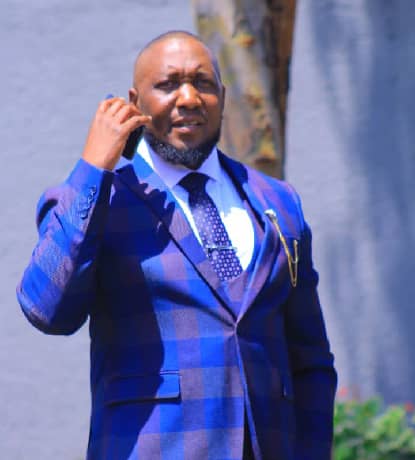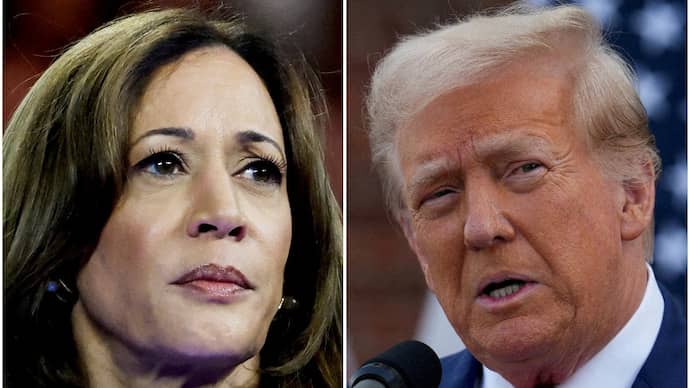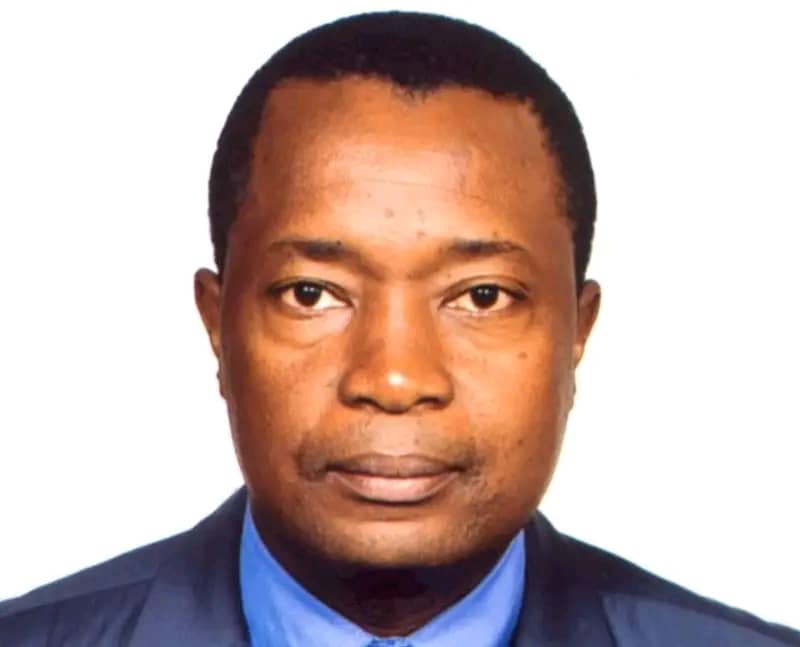By Burnett Munthali
In a decision that has left many puzzled, the Malawi Electoral Commission (MEC) has come under scrutiny for its hiring of a company with a controversial reputation, marred by numerous lawsuits. With the 2025 elections on the horizon, this move has raised concerns about the integrity of the electoral process and sparked intense political debate.
The mystery surrounding how MEC officials came to hire this company, despite its troubling legal history, remains a subject of widespread speculation. Many are questioning what led to this choice, especially given the critical nature of the upcoming elections. Could there have been better, more transparent options on the table?
For many, the concern isn’t just the company’s reputation—it’s the potential implications this decision could have on the fairness of the election. One political party, in particular, has shown an unusual level of confidence in its chances of winning the election, and critics are quick to draw a connection between this hiring and the party’s optimistic outlook.
“How could MEC not foresee the controversy this would stir?” is the question on many lips. Hiring a company with a string of lawsuits attached to its name, whether relating to performance, integrity, or financial irregularities, sends a worrying signal. It’s particularly troubling given the crucial role this firm is expected to play in ensuring a free, fair, and credible election.
The issue has fueled suspicions across the political spectrum, with some suggesting that this may be the reason one party seems unusually confident about its prospects in next year’s elections. With the credibility of MEC now under the spotlight, some are wondering if this confidence is backed by more than just strong campaign strategies.
“We have every reason to demand transparency from MEC,” said a political analyst who requested anonymity. “Hiring a firm with such a record of lawsuits raises red flags. Elections are the cornerstone of democracy, and any misstep in the process can lead to a loss of public trust.”
For its part, MEC has yet to offer a clear explanation on the rationale behind its choice. However, the silence from the electoral body has done little to quiet the growing unease among stakeholders. Civil society organizations and political commentators have already called for a review of the procurement process that led to this controversial decision.
In the current climate of suspicion, even the slightest hint of irregularity can cast a shadow over the entire electoral process. With only months left before Malawians head to the polls, trust in the systems and processes is paramount. The election must not only be free and fair, but it must also be seen to be so by the public.
As the 2025 elections approach, the pressure is on MEC to address these concerns swiftly and transparently. Failure to do so risks undermining the credibility of the electoral process and, by extension, the stability of the nation’s democracy.
While MEC’s decision has sparked widespread outrage, it has also cast a spotlight on the need for stronger oversight and accountability in the selection of companies that will play crucial roles in national elections. With high stakes and public confidence hanging in the balance, the commission must tread carefully to ensure that every Malawian’s vote counts—and that the result of the 2025 election is beyond question.
For now, the question remains: why was this company, with all its legal baggage, chosen by MEC? Until we have answers, the specter of doubt will continue to loom over next year’s elections.




